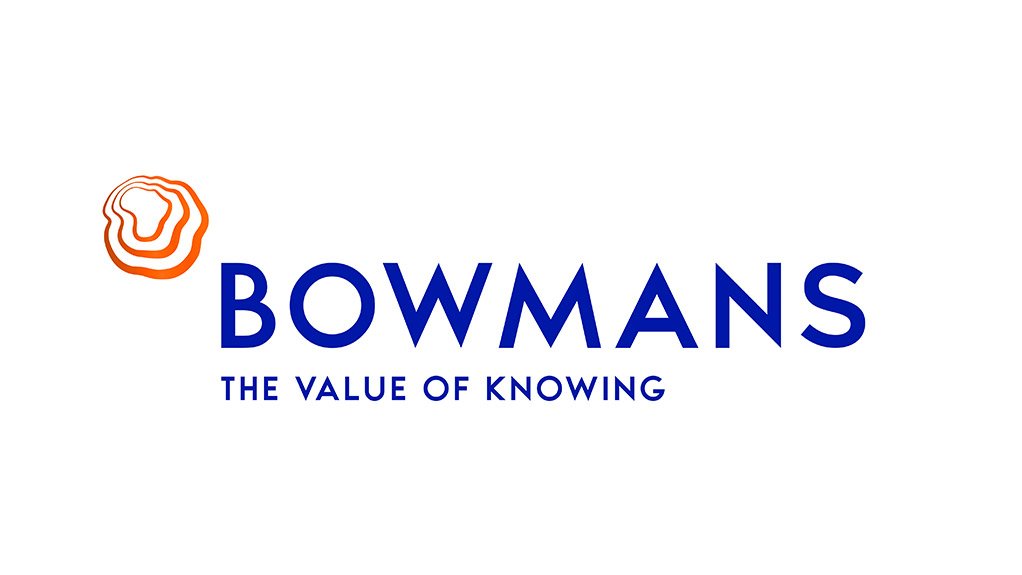Anxious that they could face massive fines for failing to reach numerical employment equity targets to be set for their sectors from September 2023, concern is running high among some employers in South Africa.
However, employers should keep in mind that while the purpose of the Employment Equity Act (EEA) includes the achievement of equitable representation of people from designated groups, the EEA specifically states that the Act does not require a designated employer to take any decision concerning an employment policy or practice that would establish an absolute barrier to the prospective or continued employment or advancement of people who are not from designated groups. In addition, quotas are expressly excluded from the EEA and instead, targets and goals are contemplated.
While there is no room for complacency, the threat of punitive fines is not necessarily new, according to employment law specialists from leading African law firm Bowmans.
They say that before any fine can be imposed, whether under the Employment Act in its current form or when amended to allow for sectoral targets, due process will still apply.
‘The Act already allows for fines to be imposed on employers and there are specific enforcement procedures for this. The amendments to the Act propose compliance with sector targets, but the process to be followed before a fine can be imposed remains the same,’ says Melissa Cogger, senior associate at Bowmans.
The maximum fine that may be imposed in terms of the Employment Equity Act in its unamended form is ZAR 2.7-million or 10% of the employer’s annual turnover, whichever is greater.
However, this requires four previous contraventions in respect of the same failure to implement an employment equity plan within three years. If there has been no previous contravention, the fine is ZAR 1.5-million or 2% of the employer’s turnover.
Commentators have been jumping to conclusions that the maximum fines will be imposed for failing to meet the proposed sectoral targets and this is not necessarily applicable to all cases.
‘Ultimately, the decision to impose a fine will be made by the Labour Court and, before a fine is imposed, the employer will have a full opportunity to give justifiable reasons for non-compliance,’ explains Cogger.
Compliance in terms of the EEA is not limited to considering whether a designated employer has met its targets and goals. It includes reasonable steps taken to train suitably qualified people from designated groups; reasonable steps taken by the designated employer to implement its employment equity plan; progress made in eliminating barriers that adversely affect people from designated groups; and reasonable steps taken to appoint and promote suitably qualified people.
Importantly, any affirmative action steps taken by a designated employer must actually be contemplated in the designated employer’s employment equity plan, and employees and trade unions must be consulted on the plan.
Cogger says the draft employment equity regulations contemplate a number of justifiable reasons for an employer failing to meet the yet-to-be-set sectoral targets for employment equity. These reasons include insufficient opportunities to recruit or promote employees from designated groups, insufficient target individuals from designated groups, mergers and acquisitions, transfers, and the impact of the business on economic activities.
‘What is clear is that it is going to be important for employers to keep very good records of their recruitment, promotion and other human resources processes,’ she says.
Employers should also keep a close eye on the timelines and processes leading up to the enactment of the Employment Equity Amendment Bill and the implementation of the provisions on sectoral numerical targets.
Indications are that the President will sign the Bill before the beginning of 2023 and that the amendments will come into effect on 1 September next year.
Before the Minister of Employment and Labour can set sectoral targets, however, the amendments envisage a multistage process, Cogger says. This includes publishing a notice of the national economic sectors in the Government Gazette; engaging in a process of consultation; issuing regulations that prescribe the criteria to be used to determine numerical targets for the various sectors; and taking advice from the National Wage Commission.
‘Only then may the Minister set numerical targets for any national sector or part of a sector,’ she says.
‘Designated employers are advised to comment on the draft notices once sectors are identified, to engage in the consultation processes and to keep an eye on the Government Gazettes,’ she adds, noting that 30 days will be allowed for comment on the identified sectors.
EMAIL THIS ARTICLE SAVE THIS ARTICLE ARTICLE ENQUIRY
To subscribe email subscriptions@creamermedia.co.za or click here
To advertise email advertising@creamermedia.co.za or click here











